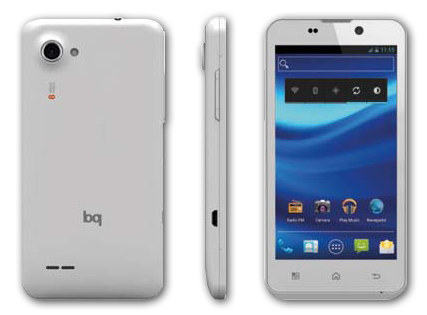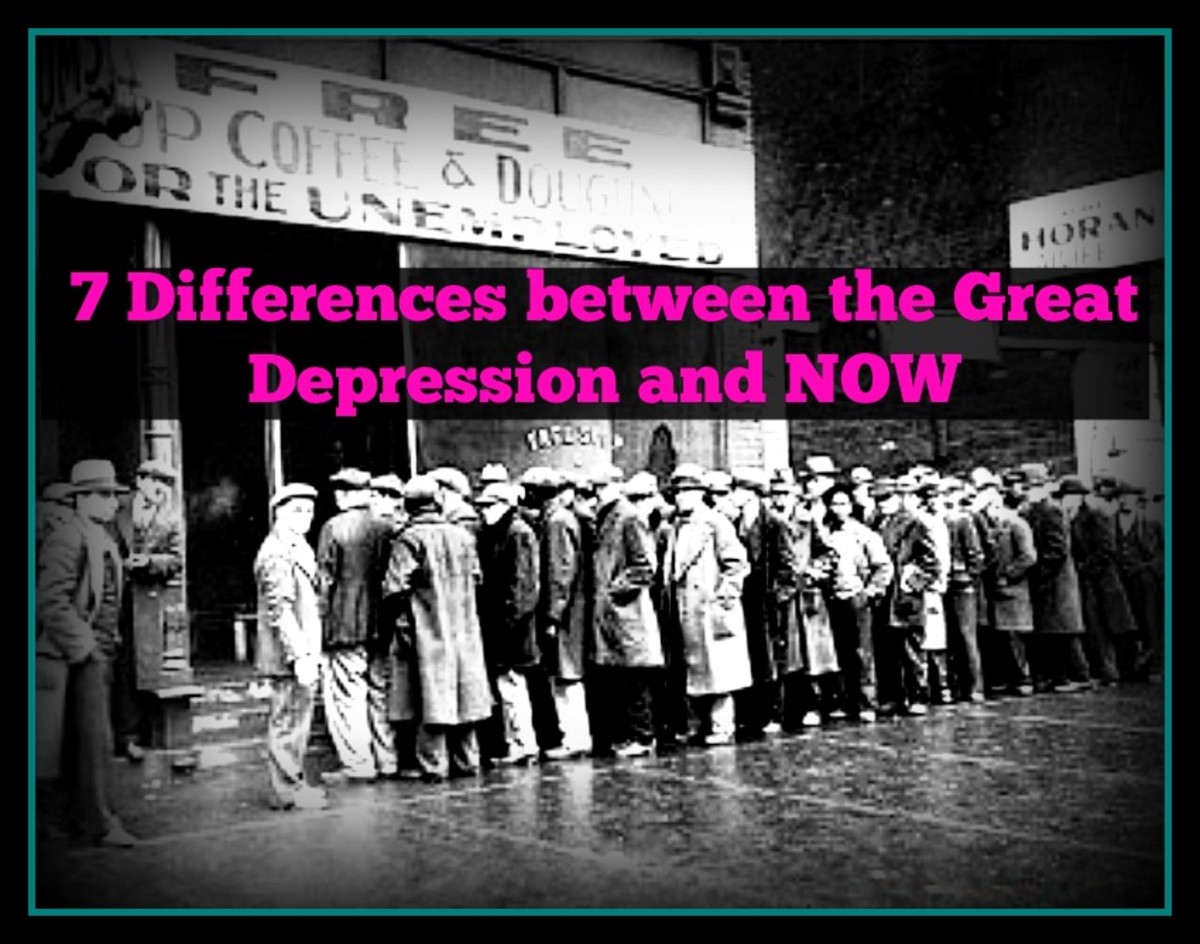How to Select the Right Type of Phone Service – Postpaid vs Prepaid
Most people tend to carry a phone with them almost all the time and use it on a daily basis. That is why it's important to have the right phone service because the wrong one can not only give you problems, but can also cost you more money.
During the process of getting a phone, someone will be confronted with having to decide between postpaid and prepaid service, also known as pay-as-you-go. It can therefore be useful to know what they are, what the differences are between the two and which one is best for you.
Postpaid and prepaid
Postpaid and prepaid are terms used by cellphone providers to indicate whether a person has signed a contract with them or not. Postpaid refers to the fact that someone pays after making a call, while prepaid refers to the fact that a person needs to have paid before being able to make a phone call.
With postpaid, someone gets a bill at the end of a pay period which will have to be paid as stipulated by the terms of the contract. In the case of prepaid, someone needs to buy time or data beforehand and have enough available that can then be used.
In both cases, the person is able to make use of a cellphone using the service provided by the cellphone provider. However, there are also significant differences between the two which are important to know in order to decide which one is best for you.

What are the differences between postpaid and prepaid?
There are a number of differences between postpaid and prepaid:
- Postpaid requires that someone sign a contract for a fixed amount of time. Prepaid does not require a contract.
- Terminating a postpaid contract early is possible, but usually come with hefty fees. With prepaid, you can continue or terminate the service as you like.
- With postpaid, you get a fixed or unlimited amount of minutes that you can use for each pay period. Unlike prepaid, the monthly charge never changes.
- With postpaid there is a fixed monthly charge that you have to pay, regardless of whether or not you use the service. With prepaid, you only pay for what you've used.
- Postpaid customer usually have a bigger and better selection of phones to choose from. Prepaid has fewer phones and the phones are much more low-end.
Depending on the phone company, there can be any number of differences between prepaid and postpaid. It all depends on what the phone company decided to do. Before signing up, read the fine print and make sure you know what is included in the service and what is not.
What you need to do before making a decision on prepaid vs postpaid
In order to decide on postpaid versus prepaid, you need to know whether you're a heavy or light user. Estimate how often you will make use of your phone in terms of number of phone calls. You should also ask yourself if you want to make use of data such as Internet service and estimate how much you intend to use.
For example, if you tend to make 10 phone calls a day on average and the price is $0.10 per minute for prepaid, then you will probably spend around $1 each day or $30 a month. In this case, a postpaid contract at $20 a month will give you more for less money and is therefore a better choice.
Postpaid is usually offered in different packages. The more expensive the package, the more minutes or data you're allowed to use each month. Get the cheapest package that comes with enough to cover all your needs. Don't overpay for something that you're not going to use.
If you're in between or a moderate phone user, then you need to look at other factors that can decide which of the two is best for you. Both postpaid and prepaid offer their own specific set of pros and cons that can help you tilt either way.
How to know if prepaid or postpaid is right for you
Neither postpaid or prepaid is better than the other. Whether postpaid or prepaid is right for you depends entirely on your own circumstances. You need to evaluate your own situation and consider a range of factors such as:
- How frequently do you make use of your phone. If you're a heavy user, postpaid is the way to go. If you're a light user, prepaid is more appropriate.
- If you're on a very tight budget, prepaid is best. If you can afford to spend more, postpaid will have better value.
- If you want the best phone as the best price, then postpaid has a huge selection of the most high-end smartphones available. For instance, iPhones tend to require a postpaid contract. With prepaid, you have to settle for simpler phones.
- Postpaid is best if you're financially stable enough to commit to a long-term contract. If not, then you should stick to prepaid.
- Are you familiar with the phone company in terms of the quality of phone service, customer service and so on? If not, it's better to try prepaid first before switching to postpaid if you like them.
- Postpaid often comes with extras such as international roaming that are not available with prepaid. If you have special requirements, postpaid is often better than prepaid.
- Postpaid can have some requirements such as a credit check that aren't there with prepaid. If you don't qualify for postpaid, you need to use prepaid.
Generally speaking, postpaid is best for most people. It gives you more in return for your money. Postpaid should therefore be your first choice. If postpaid is not an option, then you should go for prepaid as an alternative.
Decide for yourself what's best for you
It's better to make up your own mind and not let someone else decide for you. Many cellshops tend to push you in a certain direction that may be more advantageous to them, but can be to your disadvantage. You should listen to what they have to say, but always decide for yourself.
Remember that a phone company may want use to use whatever option generates the most money for them. They will look after their own interest and you should look after your own. Don't rush into any decision prematurely and never sign up for something you haven't thought through carefully.








